Results
-
£25.00
I Want to Break Free (Score) - Deacon, J - Harper, P
Queen's 80s smash hit is known by all and has become an anthem against oppression around the world. The famous keyboard solo is taken by trombone.2nd Section +Duration 3 mins 30 sec Click to listen - Courtesy of Cory Band
In Stock: Estimated dispatch 1-3 working days
-
£33.00
I Will Always Love You - Parton, D - Barry, D
Written by Dolly Parton this song was made famous by Whitney Houston when used in the film The Bodyguard. A popular hit for any band.
In Stock: Estimated dispatch 1-3 working days
-
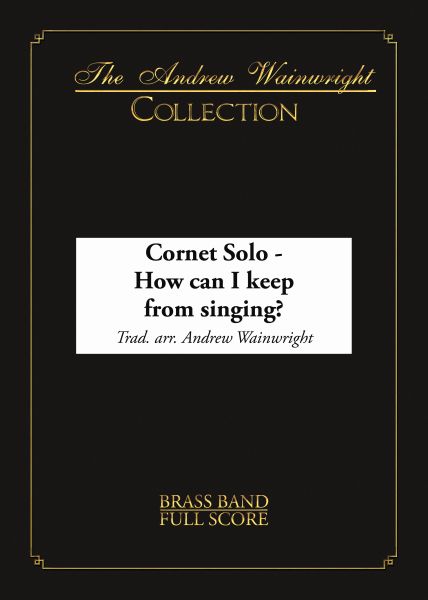 £34.95
£34.95How Can I Keep From Singing (Cornet Solo with Brass Band - Score and Parts)
A beautiful arrangement of the traditional hymn for cornet soloist with brass band. Originally arranged for Virtuosi GUS Band & former Principal Cornet of Grimethorpe Colliery Band, James Fountain.
Estimated dispatch 7-14 working days
-
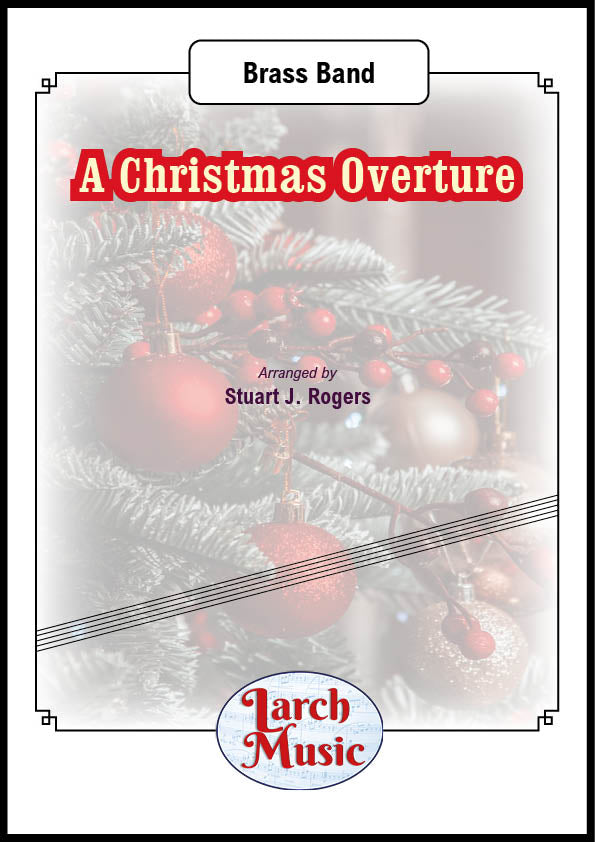 £30.00
£30.00A Christmas Overture (Various arr. by Stuart J. Rogers) - Brass Band Sheet Music Full Score and Parts - LM493
COMPOSER: VariousARRANGER: Stuart J. RogersA collection of Christmas favourites beautifully arranged into a medley of seasonal joyContainsDeck The HallsDing Dong Merrily on HighSilent NightI Saw Three ShipsIn Dulci JubiloGood King WenceslasO Come, All Ye FaithfulLM493ISMN : 9790570004935
In Stock: Estimated dispatch 3-5 working days
-
 £31.00
£31.00I Will Talk and Hollywood Will Listen - Eb Tenor Horn & Brass Band - MM005
COMPOSER: Guy Chambers & Robbie WilliamsARRANGER: Tim MiddletonThis is a great arrangement of the Robbie Williams song from his popular album "Swing When You're Winning".Arranged as a Tenor Horn solo, this song is a perfect addition for entertainment concerts.
In Stock: Estimated dispatch 3-5 working days
-
£34.95
SO GLAD (Flugel Solo with Brass Band Set) - William Himes
An arrangement, in big-band style, of the song 'I am so glad'.
Estimated dispatch 7-14 working days
-
£29.95
I KNOW THOU ART MINE (Brass Band Set) - Leonard Ballantine
A simple hymn setting on the SA tune, Unsworth.
Estimated dispatch 7-14 working days
-
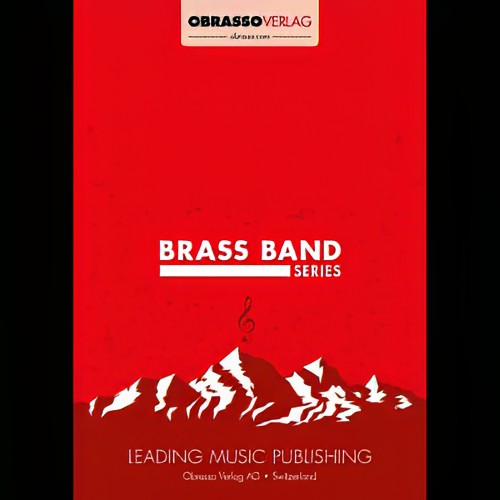 £56.00
£56.00I Know Him So Well (Cornet and Flugel Horn Duet with Brass Band - Score and Parts) - Stahli, Urs
From the musical, Chess
Estimated dispatch 7-14 working days
-
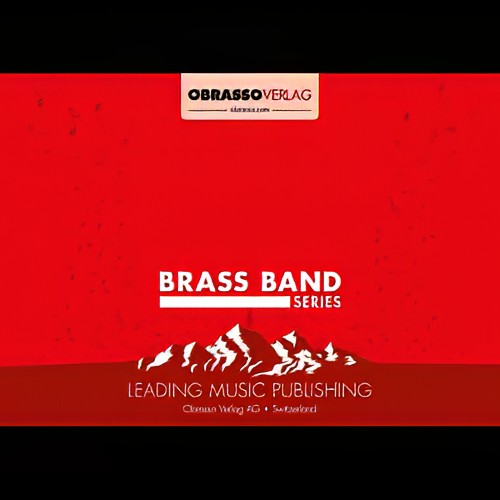 £56.00
£56.00And Still I Rise (Brass Band - Score and Parts) - Fernie, Alan
Another great original from the pen of Alan Fernie
Estimated dispatch 7-14 working days
-
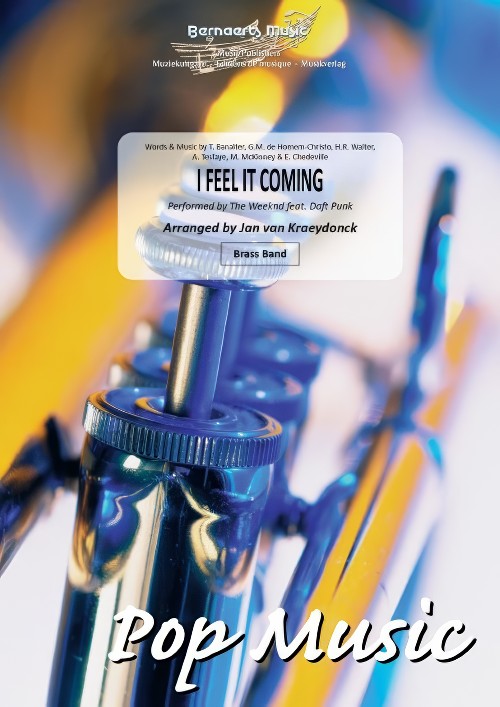 £53.99
£53.99I Feel it Coming (Brass Band - Score and Parts) - Kraeydonck, Jan van
Performed by The Weeknd and Daft Punk. Duration: 03:30
Estimated dispatch 7-14 working days


